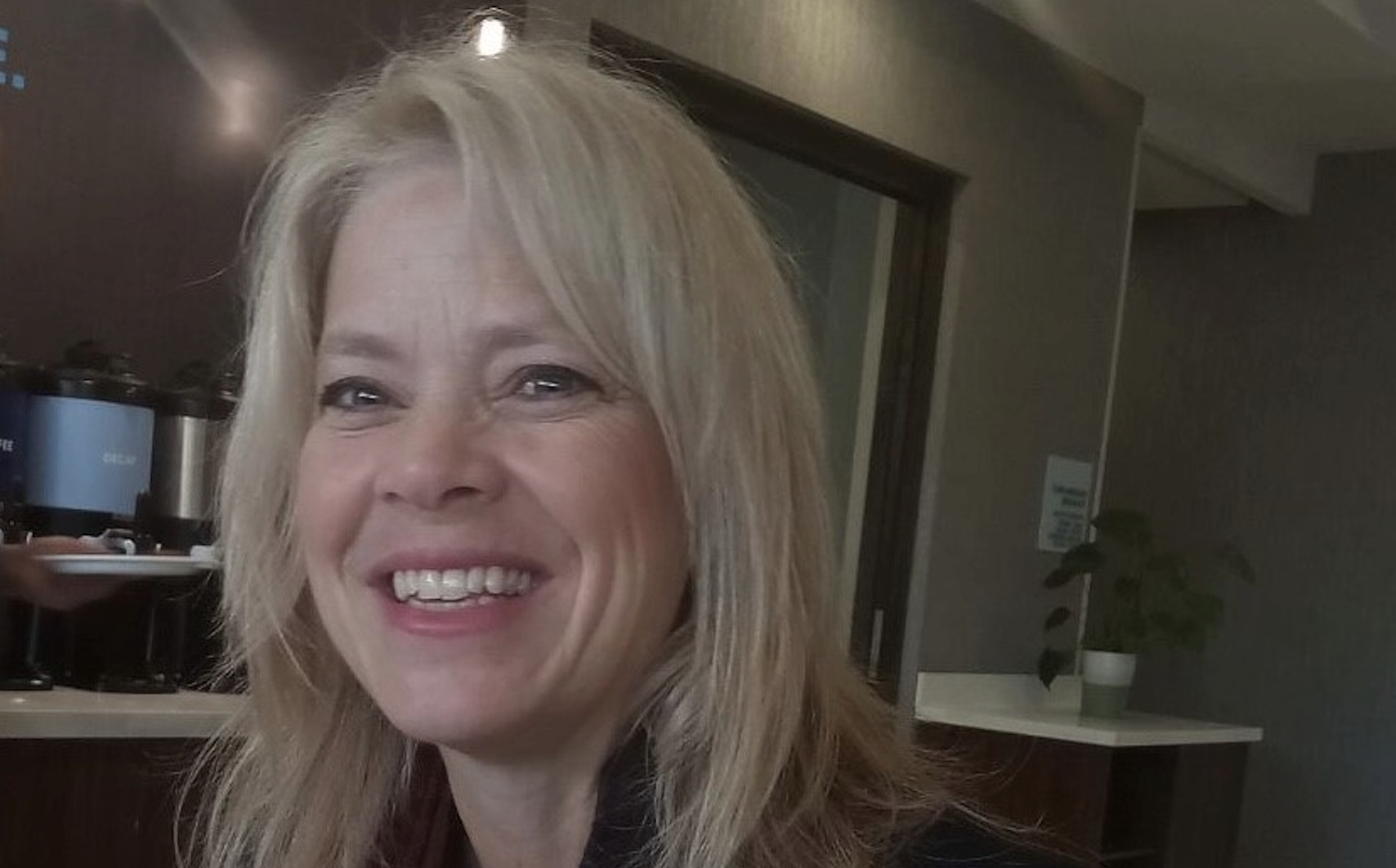Congratulations to 2023 Leithwood Award recipient, Dr. Lois Maplethorpe

We are pleased to announce that Dr. Louis Maplethorpe, DPE PhD flex alum, is the recipient of the 2023 Leithwood Award for the OISE Outstanding Thesis of the Year. Dr. Lois' thesis: “Growing Our Roots: Exploring the Home Language and Literacy Environment within the Context of Indigenous Ways of Knowing and Being” was selected by the Leithwood Award Committee from a group of outstanding applications.
We sat down with Dr. Lois and learned a bit more about her journey to OISE, what this award means to her and what she hopes to do next.
What does this award mean to you?
I am truly honored to receive this award on behalf of the many contributors who have made this work possible. The research that this award recognizes was the result of a very meaningful collaboration between the university and local Indigenous community partners. I am especially grateful to Dr. Eunice Jang who supported and enriched this work and to the research participants at the local preschool where the research took place. It is my hope that the recognition that this award brings will encourage further ethical, community- based research to help create spaces for others so they can find their own place to voice their own truths and let their light shine.
Tell us a bit more about your research?
My dissertation was entitled, Growing Our Roots: Exploring the Home Language and Literacy Environment within the Context of Indigenous Ways of Knowing and Being. The study explored Indigenous perspectives about early language and literacy skills and practices. Indigenous perspectives were mapped onto mainstream theoretical approaches, practices, perspectives, and assessments of language and literacy to elucidate culturally dissonant aspects that may contribute to misinterpretations and mismeasurement of Indigenous children’s knowledge and abilities. This research was grounded within an Indigenous research paradigm where research was conducted with (not on, for, or about) First Nations, Metis and Inuit (FNMI) Peoples which involved local Indigenous stakeholders and right holders as full and equal partners.
This study contributes to a wider definition of how we understand, practice, teach, and assess early language and literacy skills. It is vital that we challenge and disrupt the perceived superiority of western approaches and the largely uncontested benchmarks for evaluating language and literacy skills and home literacy environments long established by Euro-Western assumptions of ‘quality,’ best-practice, and developmental ‘ideals.’ A wider definition can contribute to more culturally consistent early learning policy, programming, assessment, and pedagogy to reduce cultural dissonance and smooth the transition to starting formal schooling.
What are some academic/professional goals that you hope to achieve in the near future?
In terms of my own professional practice, I am actively incorporating my study findings directly into my teaching practice within my role as a post-secondary instructor of pre-service educators at Red Deer Polytechnic in Alberta. In addition, I continue to advocate for the decolonization of post-secondary education in response to the TRC Calls to Action (2015), including curricular revisions and expanding Indigenous student enrollment. Continued cross-cultural, contextual research and practice are needed which seeks a decolonizing agenda by creating ethical space though relationship building where Indigenous holistic processes, language, cultural practices, and community ways of being can be reclaimed. My academic goals include disseminating research findings through formal and informal presentations to a variety of academic and education audiences, where I am often co-presenting with actual participants from the research study. Further dissemination of our findings is in the works in the form of a journal article and a book chapter that are currently under review for publication. I continue to work at building and strengthening relationships and being a good ally.
 (1).png)